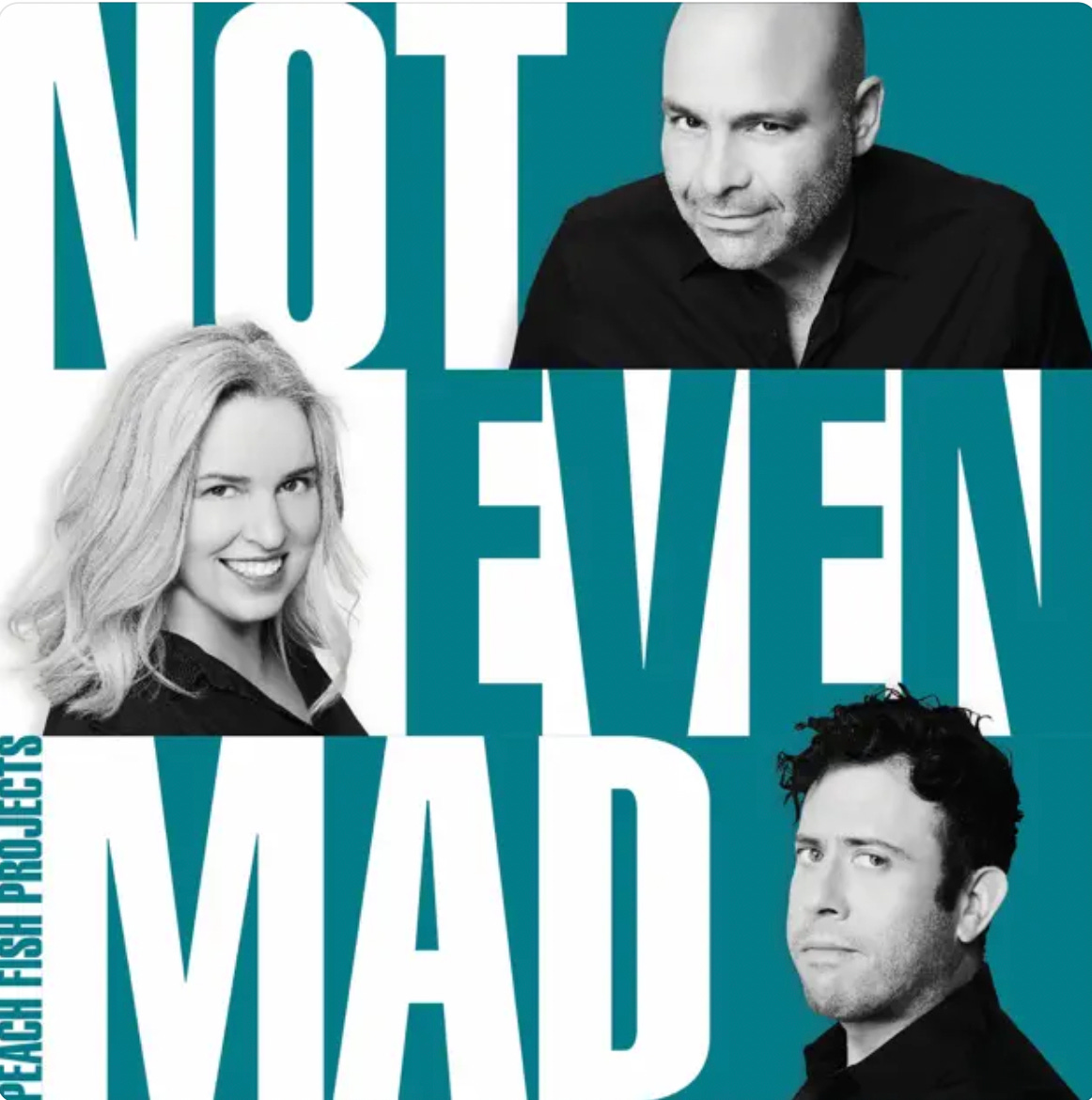Happy Midterms Advent! — one more candle to go.
Meantime it seems like end-of-sitcom days on Twitter, with people packing up their boxes, downloading their tweets, and scouting for new places that are hospitable to what The New Yorker used to call “notes and comment.”
Some of those new places seem to be very three-dimensional. Today I’m heading to lunch…
Keep reading with a 7-day free trial
Subscribe to Magic + Loss to keep reading this post and get 7 days of free access to the full post archives.





